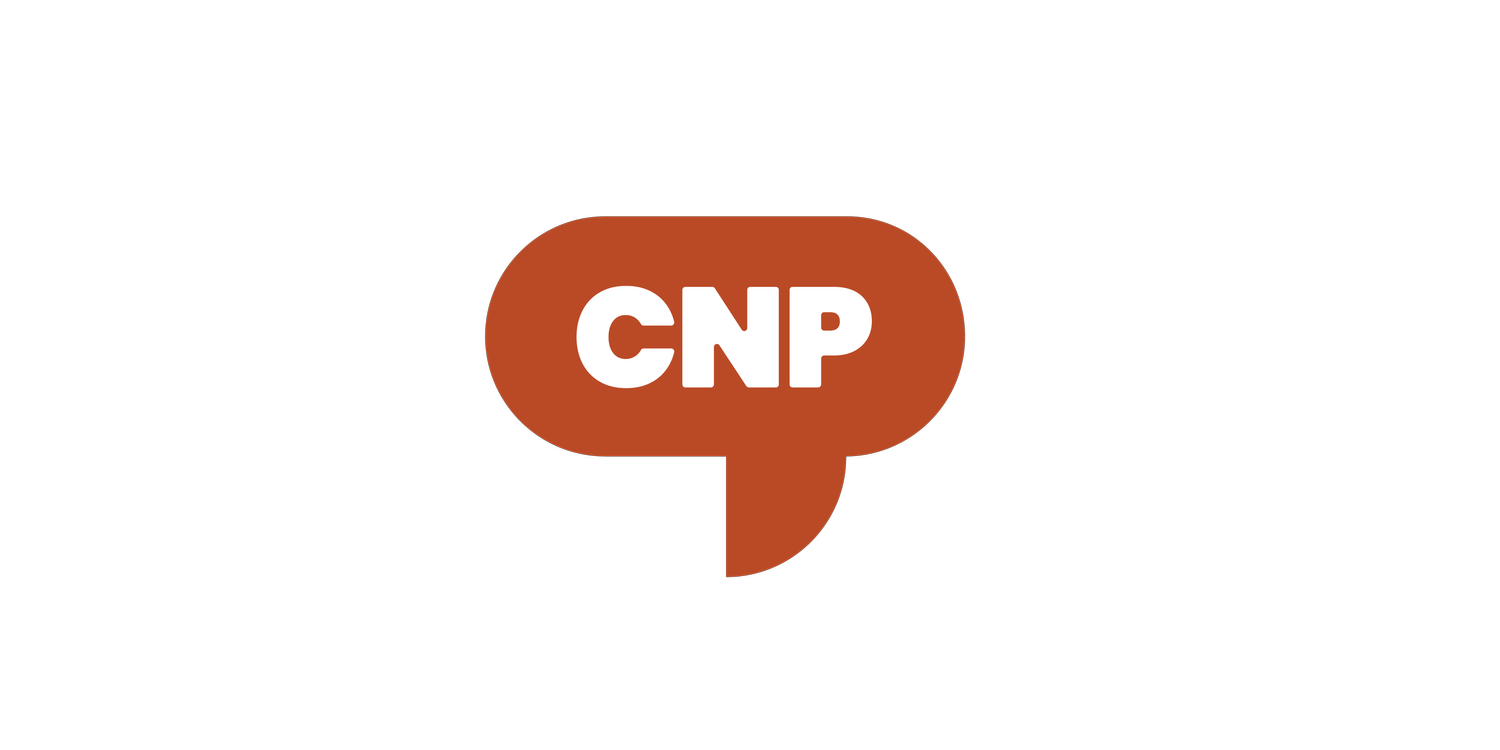Because Social Isolation is Structural Violence: A Statement on National HIV Testing Day
FOR IMMEDIATE RELEASE
Contact: Johnnie Kornegay
Organization: The Counter Narrative Project
Email: johnnie.kornegay@counternarrative.org
June 27, 2019 – Atlanta, GA – On this National HIV Testing Day, the Counter Narrative Project (CNP) is calling for radical community conversations around the social isolation, loneliness, and despair, in the lives of black gay men. These forces are also fueled by the deep erosion of our historical, physical, cultural, and geographic communities, our most sacred spaces, in the face of nationwide gentrification and black displacement. Fueled by the continuing disappearance of physical spaces for us, by us, we turn to virtual substitutions, which are more often than not, insufficient.
Seeking a place of our own, we march into the great LGBTQ and HIV organizations, spaces, and centers, seeking safety, seeking community, seeking connection. And far too often what we find is institutionalized anti-blackness, criminalization, tokenization and fetishization. We are scorned before we are ever humanized.
The simple truth is that so many of us wake up every day like our straight counterparts, and face a world where we can become the latest victim of state violence, as quickly as a white finger can dial 9-1-1. This speaks to the need that persists for us to have spaces for healing and spaces for political action.
In 2019, if we really want change, we must commit ourselves to addressing the isolation, loneliness and despair at the heart of so many decisions that diminish our agency and become a barrier to HIV prevention, treatment, and care for our community. We must also remember that social isolation is not social failure. Social isolation is not our fault. The lack of community we often and feel and face is also rooted in racism and homophobia. Social isolation is structural violence. Loneliness in our lives is structural violence.
We must commit ourselves to centering the beauty, the joy, power and resilience, of black people in the HIV movement. This is what brings us together, inspires agency, and animates collective resilience. Any programmatic response to addressing the impact of HIV on the lives of our community members, must begin with building community power, and not just promoting individual behavior.
The way forward is through the examination of black gay men’s challenges, fears, and realities, not to reduce, dismiss, or move around them as inconveniences in the way of Getting to Zero.
This requires a deep breath, empathy, and far more imagination and courage.
###


